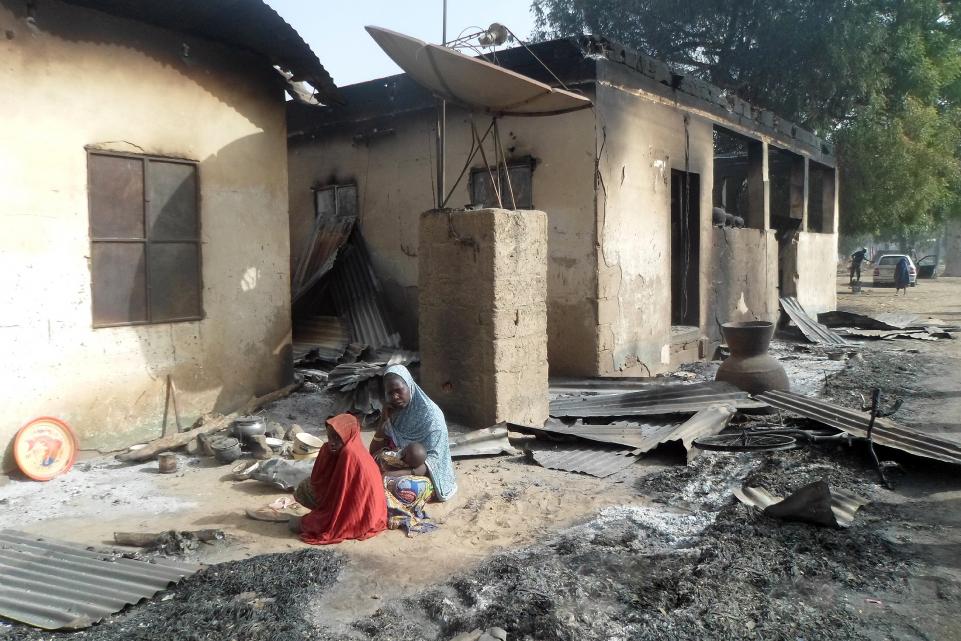-
Tips for becoming a good boxer - November 6, 2020
-
7 expert tips for making your hens night a memorable one - November 6, 2020
-
5 reasons to host your Christmas party on a cruise boat - November 6, 2020
-
What to do when you’re charged with a crime - November 6, 2020
-
Should you get one or multiple dogs? Here’s all you need to know - November 3, 2020
-
A Guide: How to Build Your Very Own Magic Mirror - February 14, 2019
-
Our Top Inspirational Baseball Stars - November 24, 2018
-
Five Tech Tools That Will Help You Turn Your Blog into a Business - November 24, 2018
-
How to Indulge on Vacation without Expanding Your Waist - November 9, 2018
-
5 Strategies for Businesses to Appeal to Today’s Increasingly Mobile-Crazed Customers - November 9, 2018
A Wild-Polio Outbreak in Nigeria
The Nigerian government has reported two cases of polio – the country’s first in two years. Two children are diagnosed with polio paralysis in the region.
Advertisement
The meeting unanimously agreed to make all out efforts to stop the virus transmission by the end of this year. Nonprofit groups and aid agencies have spent 7.2 million in 2016 to fight polio with the Nigerian government, more than they have spent on any other country in the world.
“Clearly cases were missed, because this thing has been circulating for four years”, says Oliver Rosenbauer, spokesperson for the WHO’s Global Polio Eradication Initiative.
Poliomyelitis, often called polio or infantile paralysis, is an infectious disease caused by the poliovirus.
Nigeria’s Rotary International polio committee is helping to coordinate the current campaign. Public health programs-backed by both the government and worldwide aid groups-faced several obstacles, including a widespread anti-vaccination campaign that convinced many Nigerians that vaccines were risky.
The two cases were reportedly recorded in parts of Borno state that only recently became accessible. UNICEF along with the WHO and the Federal Ministry of Health of Nigeria are preparing for an emergency immunization campaign to eradicate polio from Africa once and for all.
Vaccinations will begin as soon as next week, starting in the two Borno state villages where paralyzed children have been found, and spreading in ever widening circles to include Nigeria, Chad, Niger, Cameroon, and the Central African Republic.
Nigeria was almost polio freeThe country was on the cusp of eradicating polio completely, which would have made the entire continent polio free.
The earliest that could now happen is 2019: a region must be free of polio for three years for the World Health Organization to officially declare that it has eradicated the virus. Only two other countries remain on the list Afghanistan and Pakistan. Michel Zaffran, director of polio eradication for the World Health Organization, told Time that his group would use a “hit-and-run” strategy to try to quickly move in and out of the affected areas.
Both Gwoza and Jere are in northeastern Borno state, the heartbeat of the Boko Haram insurgency that has raged since 2009.
This means that there are serious logistical issues with accessing some areas in order to vaccinate local children.
He said: “We can not deny the connection between conflict and the continued threat of polio”.
Advertisement
In a statement, the Centers for Disease Control said, “Polio is a awful disease that no child should suffer”.





























